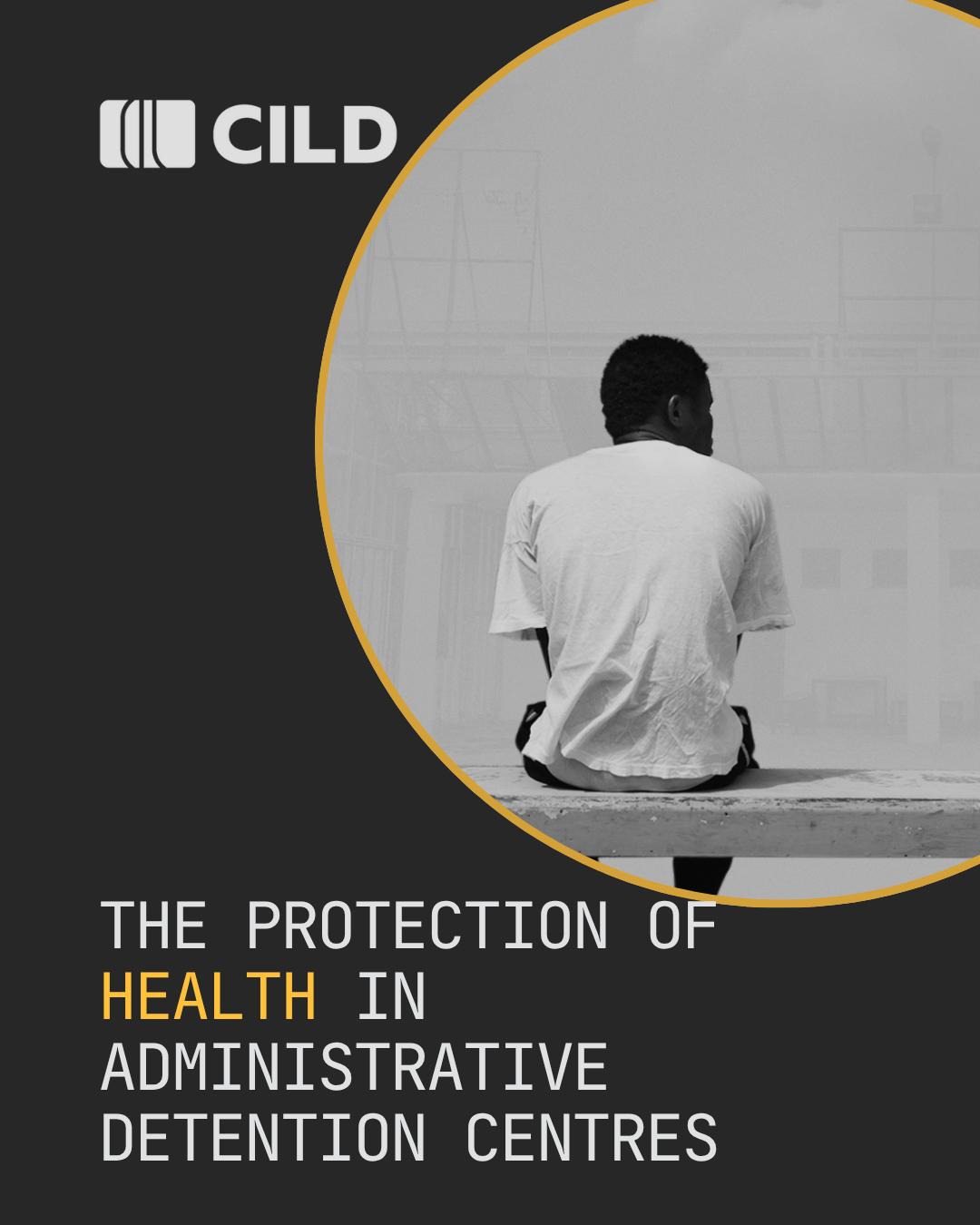The protection of health in Administrative Detention Centers
In 1998, Italy entered an era of administrative detention for foreign nationals; a total restriction of personal liberty imposed not on those proven to have committed a crime, but on individuals in violation of an administrative regulation by way of entering the country without documentation, or remaining without a residence permit.
Over the years, the detention system has undergone changes in management model and duration of detention. However, its oppressive and repressive nature has persisted, along with the consistent violation of fundamental rights. Those violations are not exceptional but rather constitute the norm underpinning the entire structure of administrative detention.
The pre-removal centres (in Italian, Centres for Repatriation, and hereafter CPRs) are opaque spaces, shielded from media scrutiny and political accountability, where invisibility becomes the standard condition. These are places where people live under conditions of confinement, often for months, awaiting deportation – which in some cases never materialises. We referred to them as “black holes” in a campaign launched in 2019, as they swallow up people’s lives.
In this context, the right to health – fundamental and universal – is systematically denied, ignored, or reduced to a minimal function of managing distress.
It is precisely this issue of healthcare in detention centres – or more accurately, the violation of the right to health – that the Italian Coalition for Civil Liberties and Rights (CILD), in collaboration with Progetto Diritti and the International Detention Coalition (IDC), sought to highlight during a roundtable discussion in Rome in June 2024.
The meeting’s contents are summarised in the brief “The protection of health in Administrative Detention Centers”





